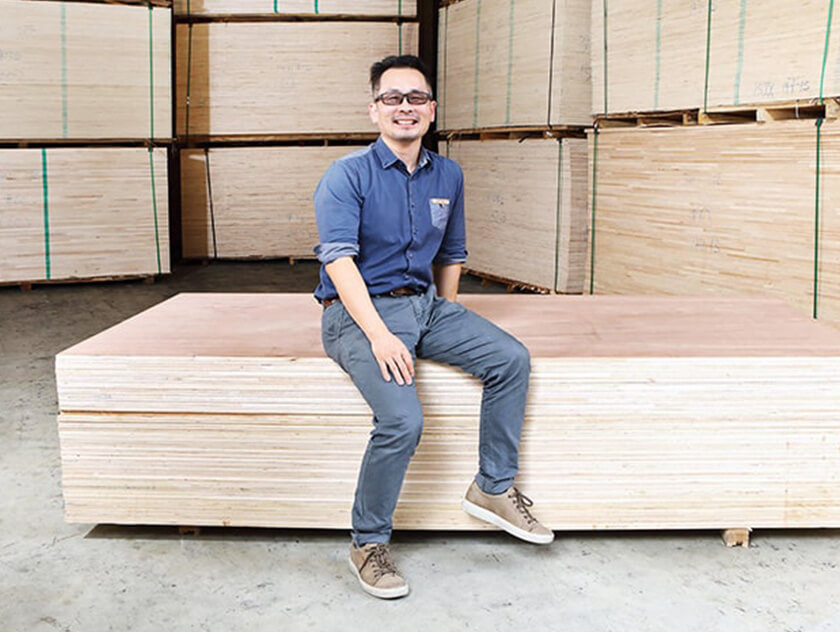“That is your very first furniture. Wherever there are humans, there is going to be furniture. So, it is an industry that will never die,” he says. “It’s just a matter of what form it will take.”
To help its members in the furniture and furnishings industry adapt to changes and push new boundaries, SFIC supports them on their digitalisation, innovation and talent attraction efforts.
And Mr Yong hopes JTC’s new plans to revitalise Sungei Kadut, the estate where most of SFIC’s members are located, will give them a further boost.
The industrial estate, one of Singapore’s oldest industrial estates, is set to become a forward-looking district that brings together various industries to grow and collaborate. Besides the furniture industry, other sectors such as agri-tech, construction, environmental tech and manufacturing will also take root at the revamped district.
Mr Yong has observed that existing partnerships between furniture companies are mostly organic. To encourage more collaborations, SFIC worked with JTC to conceptualise trendspace, Singapore’s first high-rise development that caters specifically to furniture manufacturers and furniture-related companies such as material suppliers and designers.
The plan is for these companies to share manufacturing services and resources in trendspace. The development features an integrated training institute and design studio at Level 1 that encourages industry players to come together to innovate as well as upgrade their design capabilities. It also boasts collaborative and shared spaces that could host industry-sharing events such as design-led talks or provide an avenue for companies to showcase their brands to others.
Promoting partnerships is just one part of SFIC’s three-year industry transformation roadmap launched in 2018. Another key facet of the roadmap is to promote business agility among industry players. With evolving consumer tastes and technological advancements, digitalisation plays an important role in streamlining business operations and how products and services are being marketed.
To help industry players extend their reach overseas, apart from traditional trade fairs and business development missions, SFIC is also developing a new e-sourcing platform targeting trade buyers in the region, to be launched this year.
The new portal will feature 3D virtual showroom technology and a 3D product viewer as well as inspirational editorial content to give member brands a robust platform to showcase their products and services. As an association-driven initiative, participating brands can tap into the association’s international database of architects, interior designers and more. SFIC is also working with technology partners from visualisation software providers to digital marketing agencies specialising in search engine optimisation/search engine marketing to supplement the different needs of members new to the digital bandwagon and who need guidance.
Although there are some members who use augmented reality and virtual reality technology, a majority of them are in the early stages of digitalisation,” shares Mr Yong.
He explains that companies are often caught up with day-to-day operations and dealing with issues such as manpower shortage, making it difficult for them to make digitalisation their priority.
“We always reiterate that you have to be on this transformation journey so that you can better position yourselves, when you're trying to market your products and your services to the rest of the world,” he adds.
To further support companies through training and development, the council set up the SFIC Institute, which offers programmes to help workers gain skills in areas from technology or logistics to marketing or business management.
SFIC also plans to invite industry experts to map out the digital journey that furniture manufacturers need to take to prepare for advanced manufacturing. This will be essential to help firms stay competitive and attractive, especially to younger talent.
In general, Mr Yong is heartened to see a growing number of young entrants joining the industry. The average age of our SFIC Executive Committee members is about 40, a somewhat rare occurrence in most industry associations, according to Mr Yong.
He hopes that the vibrancy at Sungei Kadut, where there will be lifestyle elements such as events, festivals, and shopping and dining options, will make the area an exciting workplace, instead of the central business district alone.


